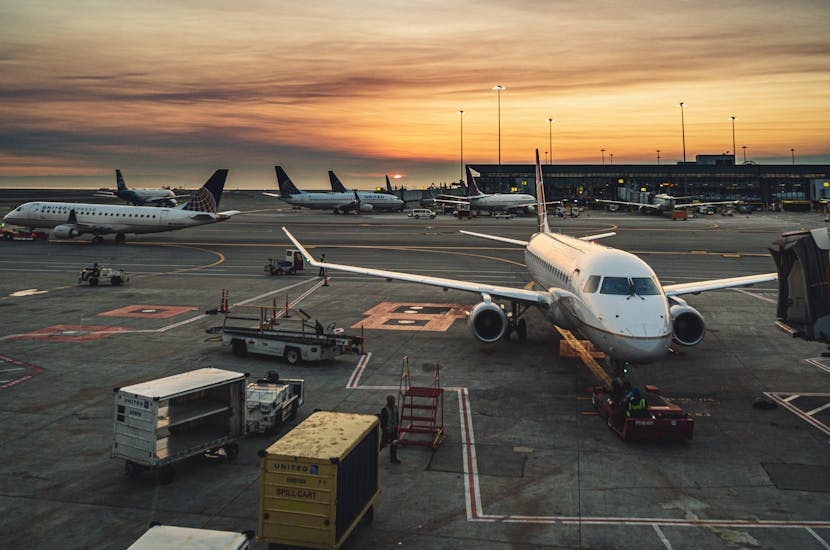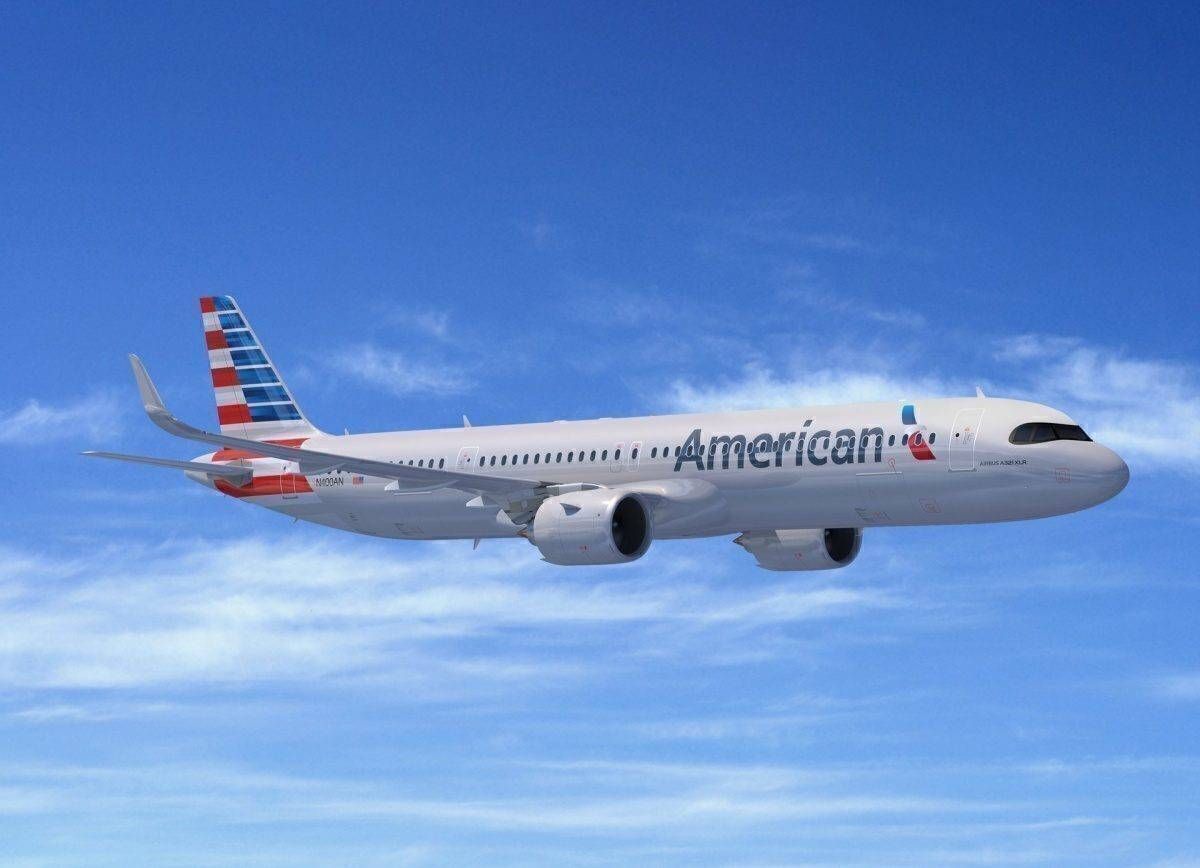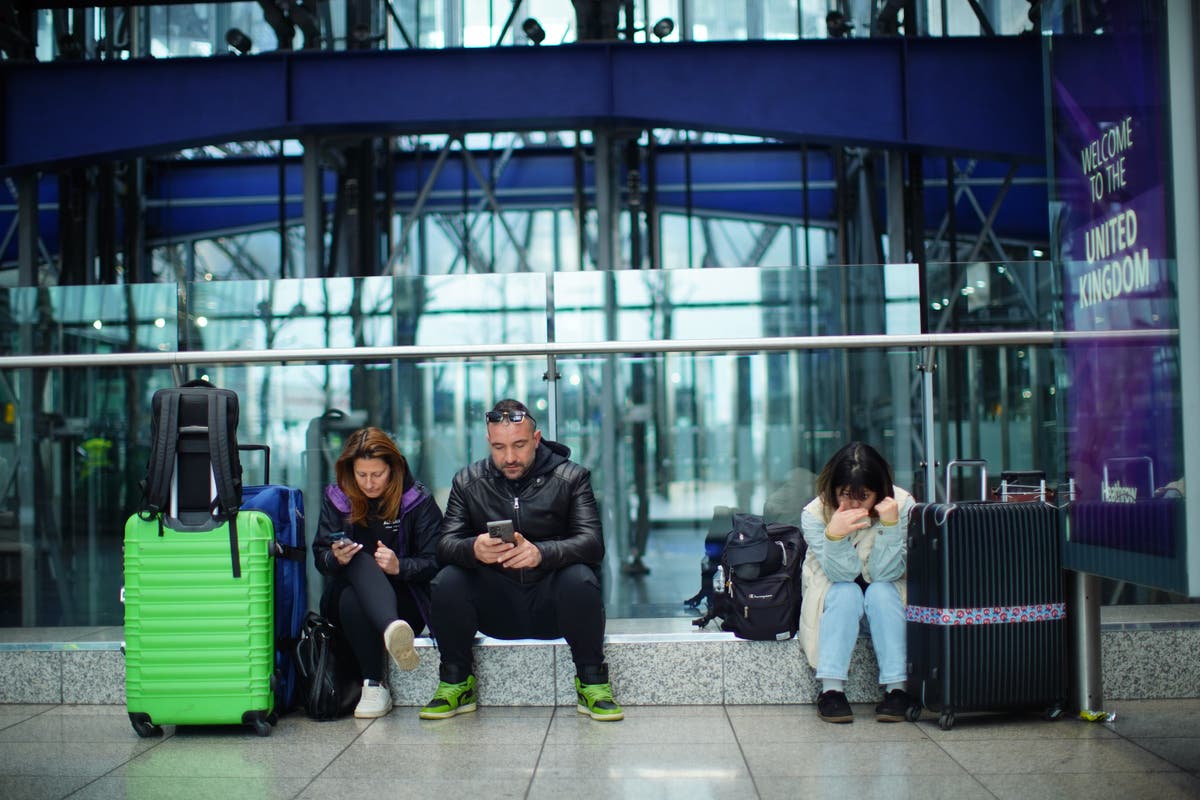Japan’s response to the sharp post-pandemic tourism rebound includes approving accommodation taxes in nine cities and two prefectures, set to begin in fall 2025. The initiative is part of a broader national strategy to reinforce tourism infrastructure and tackle the rising challenges of overtourism.The newly approved regions include Miyagi and Hiroshima prefectures, five cities in Hokkaido, two in Gifu Prefecture, and one each in Miyagi and Shimane prefectures.
With this decision, a total of 24 local governments have now received consent to implement the lodging tax.Accommodation tax revenues are earmarked to support local tourism industries and manage the effects of high visitor volumes, especially in popular tourist destinations. Among the areas adopting the tax are destinations known for their cultural and natural attractions, including scenic canal towns and renowned hot spring resorts.

The specific tax rates will vary by region, ranging between 100 yen and 500 yen per person per night. School trip participants will be exempt from the levy.Japan’s capital was the first to adopt a lodging tax in 2002, and since then, 11 other local governments—including Osaka and Kyoto—have followed suit.
The expansion of the tax reflects a growing trend among municipalities to secure sustainable funding for tourism development and crowd management.Several other regions are also preparing to introduce similar measures. One coastal resort town in Shizuoka Prefecture will implement th.
























